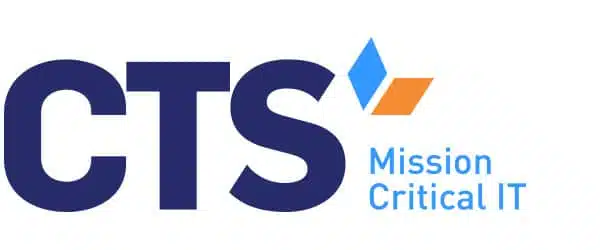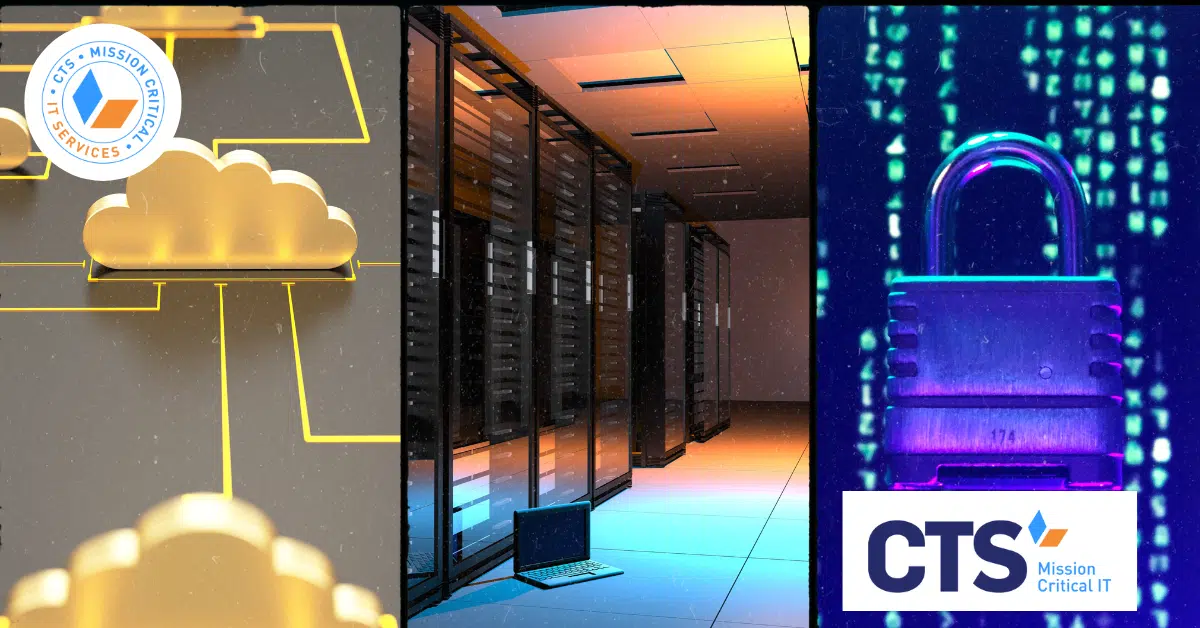Managed services providers (MSPs) are the backbone of modern IT support and management, helping businesses of all sizes to optimize their technology infrastructure, increase efficiency, and reduce costs. In this article, we’ll explore 15 essential services an MSP can provide for a commercial firm, complete with examples to illustrate their value.
- Network Monitoring and Management: MSPs can monitor and manage your network infrastructure, ensuring that your systems remain up and running with minimal downtime. For example, they might detect and fix a network bottleneck before it becomes a critical issue, saving your firm from lost productivity and potential lost revenue.
- Data Backup and Disaster Recovery: An MSP can implement robust backup and disaster recovery solutions, protecting your firm’s valuable data in case of hardware failure or other disasters. For instance, they could configure offsite backups, ensuring business continuity even if your primary data center is compromised.
- Security Management: MSPs help secure your IT infrastructure by implementing and managing firewalls, antivirus software, intrusion detection systems, and other security measures. For example, they might detect and resolve a ransomware attack, keeping your data safe and your business operational.
- Cloud Services Management: Managed services providers can help you migrate to and manage cloud-based services, such as Microsoft Azure or Amazon Web Services. By assisting you in adopting cloud computing, an MSP can help you reduce infrastructure costs and improve scalability.
- IT Consulting and Strategy: MSPs can advise your firm on technology strategy, ensuring your IT infrastructure aligns with your business goals. For example, they might recommend a specific software solution to streamline your supply chain management, resulting in increased efficiency and reduced costs.
- Hardware and Software Procurement: An MSP can manage the procurement of hardware and software, negotiating deals with vendors and ensuring that your firm receives the best possible pricing. For instance, they might negotiate a bulk discount on laptops, saving your company money on new equipment.
- Software Licensing Management: MSPs can manage your software licenses, ensuring compliance and optimizing usage. They might, for example, consolidate multiple licenses into a single agreement, reducing administrative overhead and lowering costs.
- 24/7 Helpdesk Support: Managed services providers can offer round-the-clock helpdesk support, ensuring that your employees have access to IT assistance whenever they need it. This can result in faster issue resolution and increased productivity for your staff.
- Infrastructure Management: An MSP can manage your servers, storage devices, and other IT infrastructure components, ensuring optimal performance and reliability. For example, they might proactively address a failing hard drive before it causes significant downtime.
- Mobile Device Management: MSPs can implement mobile device management (MDM) solutions, enabling your firm to securely manage and monitor employee-owned devices. This can help protect sensitive data and ensure that your workforce remains productive while on the go.
- Virtualization Services Managed: services providers can help your firm adopt virtualization technologies, such as virtual servers or desktops, to improve resource utilization and reduce costs. For instance, they might migrate your physical servers to a virtual environment, reducing hardware and maintenance expenses.
- Remote Monitoring and Management (RMM): MSPs can remotely monitor and manage your IT systems, addressing issues before they become critical. This proactive approach can help reduce downtime and keep your business running smoothly.
- IT Asset Management: An MSP can help you track and manage your IT assets, ensuring accurate inventory records and optimizing resource allocation. For example, they might identify underutilized hardware or software, allowing you to repurpose or retire those resources.
- Compliance Management: Managed services providers can help your firm navigate complex regulatory requirements, ensuring that your IT infrastructure remains compliant with industry standards and regulations. For example, they might help your firm implement necessary security measures to comply with the General Data Protection Regulation (GDPR), avoiding potential fines and legal issues.
- Vendor Management: MSPs can act as a liaison between your firm and third-party technology vendors, streamlining communication and helping you get the most from your vendor relationships. For instance, they might coordinate with your internet service provider (ISP) to resolve connectivity issues quickly and efficiently.
In conclusion, partnering with a managed services provider can greatly enhance your IT operations and support your business goals. From network monitoring to compliance management, MSPs can provide a comprehensive suite of services that not only maintain your technology infrastructure but also enable you to focus on your core business activities. By leveraging the expertise and resources of an MSP, commercial firms can achieve greater efficiency, security, and overall success.
Don’t let IT challenges hold your business back. Reach out to our team at CTS today to discuss your goals and needs. We’re committed to helping you navigate the complexities of technology management and can tailor our managed services to suit your unique requirements. Let us be your trusted partner in optimizing your IT infrastructure and driving your business forward. Contact CTS now and take the first step towards a more efficient and secure future.




